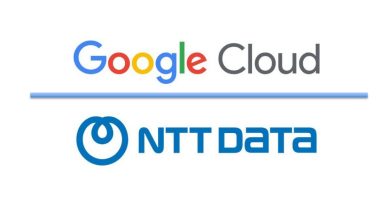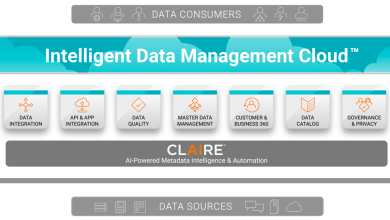
A highly popular open-source operating system (OS), Linux, offers ever-evolving functionality, affordability, system stability, improved cyber protection, and excellent customisation. Due to the way Linux is built, it now serves as the OS for many of the devices we use on a daily basis, including gas pumps, ATMs, in-flight entertainment systems and more.
Linux has actually gotten so convenient that its popularity is actually on the rise. In the coming years, Linux adoption is anticipated to increase by more than three times. It was also reported that IT experts are likely to switch to Linux, with many citing cost-effectiveness and improved performance as the main reasons Linux is chosen as their primary operating system.
Additionally, because it is modular, effective, efficient, and easy to scale, Linux is a perfect fit for cloud computing. In fact, nine of the top ten public cloud deployments run on Linux, as well as:
- 80% of the public cloud’s workload.
- 62% of embedded operating systems.
- 99% of supercomputers.
- and 82% of smartphones are powered by it.
Why IT Leaders are Holding Back
Simply put, utilising Linux seems to be a fantastic solution for businesses. However, it appears that IT leaders are holding back. According to a Red Hat study, data managers who are hesitant to adopt Linux cite their lack of OS familiarity and skill shortages in their staff as the main obstacles.

Why is this a problem?
There’s no debating that the cloud is run by Linux and open-source. But more than that, the Linux OS is also a great enabler for hybrid cloud because it can work regardless of whatever cloud you want to deploy your modern applications and whatever hardware you use to run your critical infrastructure. Hence, businesses that do not embrace Linux are probably missing out.
But just like with any problem, there is always a solution. There are ways to circumvent the skills shortage problem and get your workforce up to speed with the open-source operating system that has revolutionised data centre operations and is continuing to power new cloud-native initiatives.
Red Hat can help you with that.
How Red Hat can Transform Your Business
Red Hat enables your organisation to overcome the lack of OS familiarity and skill shortages mentioned above. Red Hat includes courses and examinations in its product portfolio so that learners can receive training that is pertinent to the Red Hat software version that is utilised in their particular environment.
You can take your business to the next level by learning about a variety of topics with Red Hat Training courses, including installation and registration, software management, networking, security, storage, and containers.
Hence, when you choose Red Hat Enterprise Linux (RHEL), your workforce will gain access to plenty of resources, support, and training to boost their RHEL skills. They can even take courses that will build their skills path, as well as, free assessments to verify their knowledge.
But why should you choose Red Hat Enterprise Linux in particular?

For one, RHEL is one of the most popular Linux platforms in the world. It offers a faster, more consistent experience for deploying applications and essential workloads across physical, virtual, private, and public cloud and edge deployments – giving you a more flexible and reliable foundation to support your organisation’s hybrid cloud innovation.
More specifically, Red Hat Enterprise Linux delivers the following benefits:
- Simple and frictionless management with tools that also contain best practices and professional advice.
- Consistent hybrid cloud deployment, preventing the need for IT teams to acquire extra expertise for various environments.
- Record-breaking performance.
- Enhanced security and incident response.
- 24×7 high availability and disaster recovery.
- And much more!
Regardless, if your business wants to embrace Linux and increase its focus on hybrid cloud, IT automation, security or Artificial Intelligence, Red Hat ensures the progress in these important initiatives will not be hampered by skill-set and talent gaps within your teams.
Click here to find out more about Red Hat Enterprise Linux and how it can transform your business.





